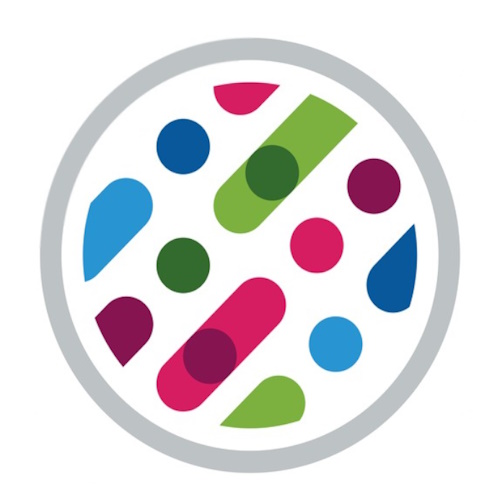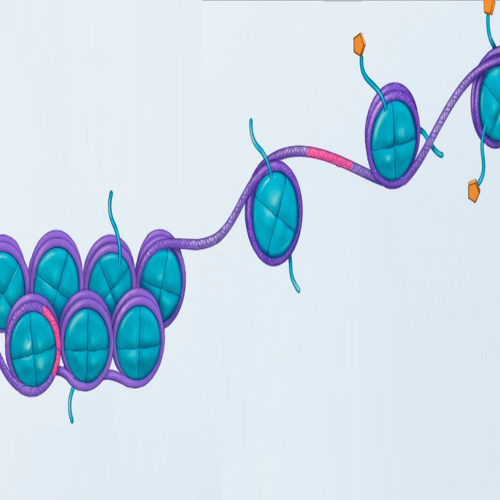Key points from article :
DunedinPoAm investigates the rate of aging with behavioral or drug therapy, or by changes to the environment.
"We focused on DNA methylation in white blood cells because these molecular markers are relatively easy to measure and have shown great promise in aging," - lead author Daniel Belsky.
"... to differentiate those who have been aging biologically faster or slower than their same-age peers."
A machine-learning technique called elastic-net regression sifted data on more than 400,000 different DNA methylation marks.
Identified a set of 46 methylation marks that measured Pace of Aging.
The 46 marks are combined in an algorithm - DunedinPoAm for Dunedin (P)ace (o)f (A)ging in (m)ethylation.
Average person has a value of 1, indicating 1 year of biological aging per chronological year.
Values extend from just above 0.6 (aging rate, nearly 40% slower than the norm) to nearly 1.4 (aging rate, 40% faster than the norm).
Study by Columbia University Mailman School of Public Health published in eLife.







